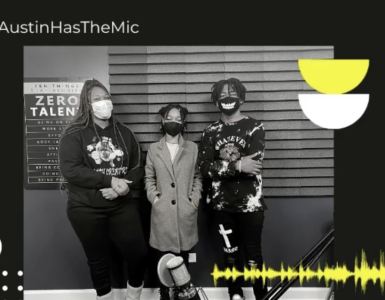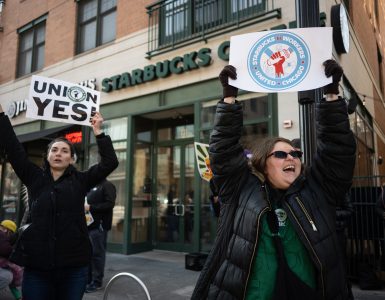Mr. Giloth and Ms. Jacobs are both involved in Black Workers Matter.
One predawn in 2013, Ms. Edie Jacobs accompanied her adult son, Dwand, to apply at temporary employment agencies on Roosevelt Road near Central Avenue. Dwand had been complaining to Ms. Jacobs that agency dispatchers were targeting workers by race on behalf of big-name companies like Ferrara Candy. They were skipping over Black applicants and preying on Latino immigrants, he said. Ms. Jacobs wanted to see for herself, and what she saw that week changed her life. It eventually led her to start her own agency, Get to Work, Inc., to advocate for and protect Black workers.
During her 27 years as a correctional officer, Ms. Jacobs had seen many unemployed young men get in trouble and go to jail. “Now, imagine if they had a job to go to,” she speculates. She followed Dwand into one agency and sat on the bench seat with him for several hours. She witnessed exactly what he’d said: Latino workers were being systematically targeted; Blacks shut out. The next day, she went to another agency with Dwand and saw the same scene play out. At one point, frustrated, he decided to sit on an agency van, ready to go to work, although he had been skipped over yet again. Dwand was threatened with police and waited on the curb until they arrived.
“That’s how desperate he got,” she says now, shaking her head. “It wasn’t one ‘ticket’ or job that was discriminating; it was all of them. Famous companies, too. Brand names like Ferrara. It’s a system — that’s the thing to understand — an anti-Black system that’s also bad for Mexicans and other immigrants. Companies colluding with agencies. And ripping off the immigrants on their Friday paychecks. A racket. Divide-and-rip-off.”
The hiring practices of these agencies has been well documented by national media outlets like Reveal and local outlets like City Bureau, as well as nonprofits like Partners for Dignity and Rights. They are so common that the Illinois Day and Temporary Labor Services Act was created to prevent them.
Ms. Jacobs joined Austin workers, organizers, and residents in a coalition that became Black Workers Matter (BWM). The coalition engaged in direct actions to force corporate officials into community accountability meetings. One of BWM’s regular demands was that companies stop using the racist temporary industry, including the locations Dwand visited on Roosevelt Road and other local hubs on North Avenue and Cermak Avenue.
“The companies would ask, ‘So who do you suggest we use instead of the agencies to recruit workers?’” Ms. Jacobs explains. “It was kind of an excuse; they should do direct hiring of course. Still, we needed an alternative on the placement end.”
So, in 2016, Ms. Jacobs, recently retired, started Get to Work, Inc. Based in Austin, Get to Work connects and places workers with companies. Sometimes the employers are formerly segregationist companies that BWM has confronted and integrated.
Ms. Jacobs says she doesn’t take a “look-the-other-way” approach when her clients run into discrimination on the job. She works with BWM to train them about their rights before they start work. Then she maintains communication with them through the orientation, training, and initial stages of employment to ensure they are being treated fairly. “It’s not jobs or justice; we want both,” she says. “This ain’t my first rodeo! Black folks are buying all these companies’ stuff, after all. You got to bring the respect and equality. To everybody.”
She adds, “A lot of nice people in Austin, Oak Park, Berwyn, Maywood, they’re driving by these factories around here like Ferrara and Hostess. Then they go to the Jewel or Pete’s or Aldi’s and buy their products. All the time not knowing how in-your-face the racism and segregation is in the hiring and on the inside of these factories. In 2023! I mean, I didn’t know. I thought all the jobs were gone. It makes sense why things have gotten harder on the west side. This kind of system breaks folks down. You can’t be shut out of work and not get poor.”
Ms. Jacobs smiles “Now, on the other hand, if you shine a light on it and organize, you can break it down. Sometimes these companies will even admit that it was a good thing, to make it right. But that’s much, much later.”
She winks and nods. “Organize. Get everybody together. That’s the key.”
⁂
Ms. Jacobs is currently engaged in a community struggle with Amazon around its new warehouse at Division and Kostner. She wants them to stop stalling their opening and honor commitments made last May to hire west siders through Get to Work. She testified Jan. 19 at Speakout, an event co-sponsored with BWM, the Citywide Economic Development Roundtable (CEDR), the West Humboldt Park Community Coalition (WHPCC), members of Oak Park Call to Action (OPCTA), and other allies at the West Humboldt Park Amazon site. Here is an excerpt from her testimony:
“I believe, if you see something, say something. Now, we’re tired of companies telling us that we got to ‘go-along-to-get-along.’ We’re tired of our elected officials telling us that we don’t have a right to be in meetings where plans get made. That we don’t have a right to demand what we need. That we need to just show up at the end, hat in hand, take whatever they give us and be happy. I heard another community leader say, ‘Something beats nothing.’ Really? I don’t think so. Not while the city’s giving Lincoln Yards up on the north side $1.3 billion. And meanwhile you only got $75 million for Austin? Who needs our tax revenues more? Lincoln Yards or Austin? You know what that is? That’s bad math! It’s not right! I’m seeing something! And I’m saying something! And I’m going to keep saying something till we get ourselves a better system!”




